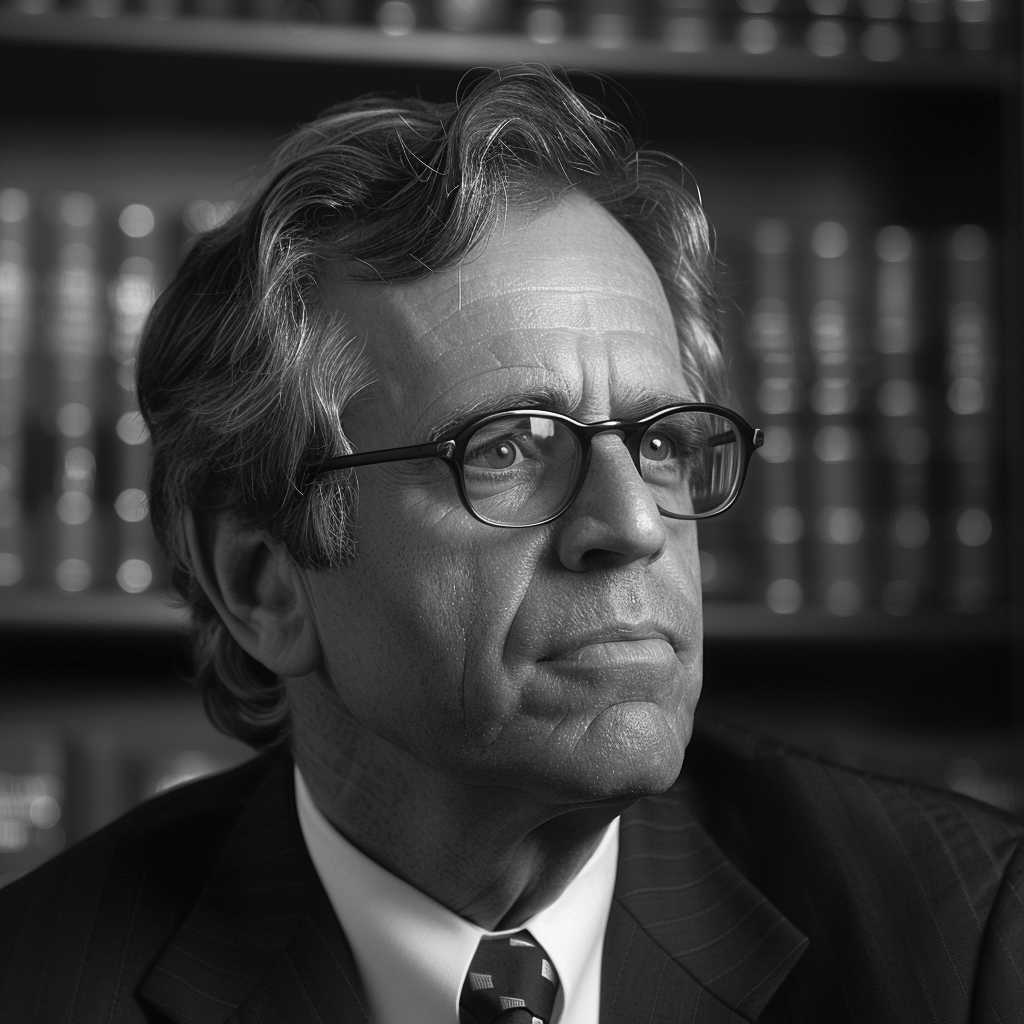Robert F. Kennedy Jr.: Environmental Advocate and Vaccine Critic
Environmental conservation, legal battles for Native American rights, and advocacy for cleaner water have long characterized the career of Robert Francis Kennedy Jr. Meanwhile, his controversial stance on vaccines has sparked debates about public health and misinformation. In this extensive look at RFK Jr.’s life and career, we explore not only his achievements and impact on environmental law but also delve into the controversy surrounding his views on vaccinations.
Early Life and Family Legacy
Born on January 17, 1954, Robert F. Kennedy Jr. is a member of the Kennedy family, American political royalty known for their long history of public service. As the son of former United States Attorney General and Senator Robert F. Kennedy, who was assassinated in 1968, and nephew of President John F. Kennedy, expectations for RFK Jr. were weighty from a young age.
Kennedy had to overcome immense personal tragedy early in his life with the assassinations of his father and uncle. Despite this, he pursued a robust education, studying at Harvard University, the London School of Economics, and the University of Virginia Law School. Following in his family’s tradition, he developed a deep interest in public service, focusing especially on environmental law.
Advocacy for the Environment
Kennedy’s passion for environmental conservation led him to work with several non-governmental organizations dedicated to protecting natural resources. His name became synonymous with efforts to tackle water pollution. A remarkable point in his career was his involvement with the Natural Resources Defense Council (NRDC), where he used his legal expertise to hold polluters accountable.
Furthermore, as the founder and president of Waterkeeper Alliance, Kennedy helped to expand a global movement geared toward restoring and protecting waterways from detrimental contaminants. His work with Riverkeeper, defending the Hudson River and its adjacent communities, established him as a tenacious defender of the environment who wouldn’t hesitate to sue governmental agencies and companies in defense of ecological well-being.
Legal Work and Support for Indigenous Rights
In addition to environmental advocacy, RFK Jr.’s legal work included defending Native American rights. His pursuit of justice for underrepresented groups showcased his commitment to civil rights, aligning with the legacy left by his family members.
His advocacy extended to providing legal representation for indigenous communities in cases against corporations that disregarded treaty rights or attempted to exploit natural resources within native lands without consent. Through these legal battles, Kennedy utilized his platform not only to bring attention to environmental issues but also socio-political injustices facing marginalized groups.
Controversy over Vaccine Stance
Kennedy’s work took a contentious turn when he began to vocalize skepticism about vaccines. Despite widely recognized scientific consensus asserting that vaccines are safe and effective preventative health measures, Kennedy has been a vocal proponent of vaccine misinformation, which has tarnished his reputation among some public health experts.
Although initially focused on concerns over mercury-based preservatives in vaccines, his stance evolved to broadly question vaccine safety and government mandates. This pivot culminated with accusations from various scientists and institutions labeling him as a promoter of conspiracy theories surrounding vaccinations.
Kennedy’s involvement in the anti-vaccine movement culminated in founding the Children’s Health Defense (CHD), an organization that challenges not only vaccine safety but also government policies regarding public health. This activism gained significant attention during debates over legislation mandating vaccines for children and throughout public discourses around such legislation’s impact on personal liberties versus public health security.
Despite considerable criticism from medical professionals and scientists affirming the safety and importance of vaccines, Kennedy remains fixed in his stances — dividing opinions on whether his activism represents a fight for informed consent or propagates dangerous health myths.
Legacy and Overall Contribution
Kennedy’s ongoing fight for environmental integrity as an attorney has granted him numerous accolades as well as broadened awareness about protecting natural resources through legal channels. Although discussions about the effectiveness of litigation as an environmental safeguard continue today, Kennedy’s victories in court are often hailed as landmarks in environmental law.
Within environmental circles, his name remains esteemed; however, in public health arenas, many regard him with skepticism due to his vaccination views which have invited a shadow of controversy over his broader body of work and contribution.
Notes
Image Description: A grayscale portrait of Robert F. Kennedy Jr., wearing glasses and a suit, looking thoughtfully into the distance with a background of legal books hinting at his career as an attorney
